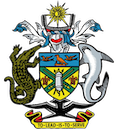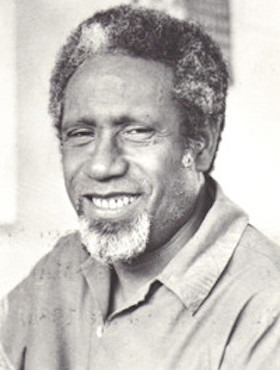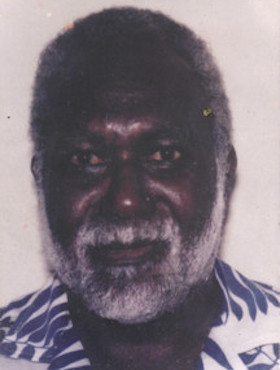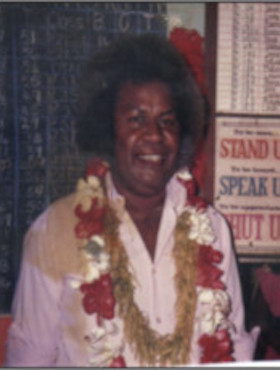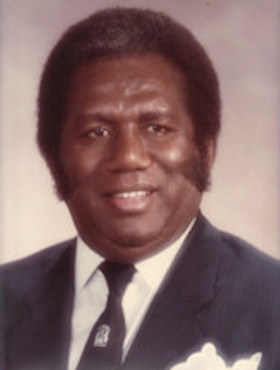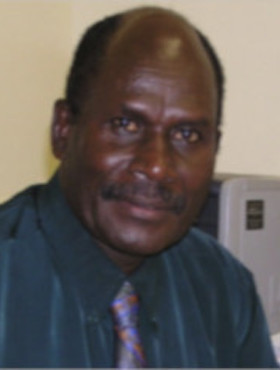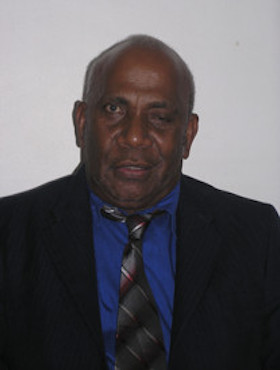The Solomon Islands Ombudsman is a Constitutional Post Holder. His office known as the Office of the Ombudsman is a Constitutional Office established under Section 96 of the Solomon Islands Constitution. Thus, the establishment of the office is enshrined in the Constitution.
Solomon Islands is British Protectorate since 1893. By the later second half of the 1900s the British Colonial Administration was preparing Solomon Islands to towards Political Independence.
In 1975 the then Legislative Assembly of Solomon Islands appointed a Constitutional Committee (CRC). The twenty three (23) member Committee was Chaired by Fredrick Osifelo (MBE) and his Deputy Honourable Willie Betu. At the conclusion of a nationwide consultation with various communities and the members of the public the framework for the Solomon Islands Constitution was the drawn up.
The idea to initiate an Ombudsman office in the Solomon Islands can be traced back to 1972 when then ideas and views were called for a new constitution of Solomon Islands. In addition, in a paper presented at the Waigani Seminar—1972 the late Sir Peter Kenilorea who was then a District Officer in the British Solomon Islands Protectorate (BSIP) administration said an “Ombudsman is a person of some legal qualification who shall be nominated by the Prime Minister to safeguard the individual against the government and the government against the individual. He must be a neutral person who must be seen to be fair in his deliberation in all matters in his charge.” The report of the Constitutional Committee further expanded Kenilorea’s idea by stating that “the work of the Ombudsman or Parliamentary Commission involves investigating on his own initiative or on the complaint of a person affected, the conduct of a government or para-statal institution or/and its officers and employees and making recommendations to remedy the wrongs, if any.” “The committee considered that in a developing country where the government machinery tended to be all pervasive the office of the Ombudsman provided, in addition to and in a different sphere from the Public Solicitor, desirable protection for citizens. Despite the difficulties likely to be encountered in filling the office, even with the situation that an entirely suitable for filling the position might not be found, the committee considered that such an office should be considered under the constitution.”
In the new Constitution, the Solomon Islands Independent Order 1978, provisions was made for the Ombudsman in Chapter IX, Sections 96 to 99. These Sections specified the Appointments, Functions, etc. of the Ombudsman. The Ombudsman (Further Provisions) Bill was debated in 1979 and passed to become the Ombudsman’s Enabling Act, The Ombudsman (Further Provisions) Act into effect on 1st July 1981.
By 1970s many independent country within the British Commonwealth have adopted the Ombudsman concepts and filtering and modifying it to suit the context and conditions of various individual countries. New Zealand was the first country to establish an Ombudsman in 1962.
“The Ombudsman (Further Provision) Bill was debated in the session of March 1980. When moving the Bill in Parliament, the Chief Minister, Mr. Kenilorea said as quoted; “in a few respect we have changed the presentation as agreed to at the London Constitutional Conference. These changes are that the Ombudsman need not be and in the early years, is unlikely to be, a legally qualified person. This required political and administrative skills and he has a close relationship with Parliament. The mode of appointment proposed here is therefore more appropriate of course, once appointed the Ombudsman has a complete security of tenure.”
“The Bill as debated and passed by ‘one vote majority’ of the thirty seven Parliament members at the March 1980 Parliament Meeting and enacted on 03rd April 1980.
“The First Ombudsman, Mr. Daniel Maeke was appointed on 01st July 1981, more than a year after the passing of the Ombudsman Enabling Legislation, the Ombudsman (Further Provisions) Act No. 1 of 1980.
